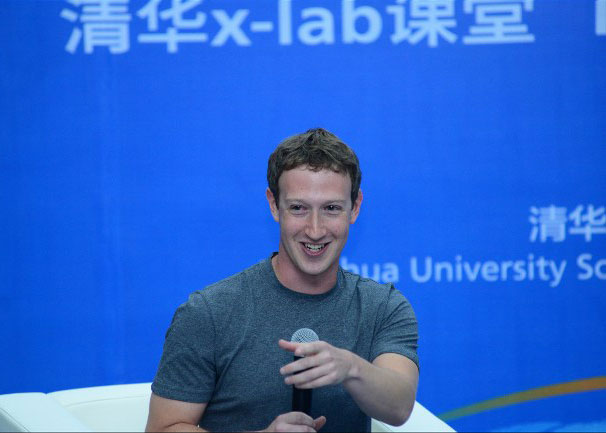
The petition campaign launched by the International Campaign for Tibet crosses its 10,000 signature target
The International Campaign for Tibet (ICT) has launched a petition accusing Facebook of “censoring the truth about China’s oppression of Tibetans”. The accusation followed the deletion of two separate posts by well-known activists—prominent Tibetan writer, Tsering Woeser, and exiled Chinese writer and critic, Liao Yiwu. The ICT, which has previously praised Facebook for providing a platform for millions of people to freely share information online, is now concerned that the company’s chief executive, Mark Zuckerberg, might be trying to win favour with the Chinese government in hopes of expanding his business to the country.
Currently, Facebook is banned in China, as the censorship standards do not meet those typical of domestic competitors like Sina Weibo and Tencent’s WeChat, but that has not stopped Zuckerberg from launching what has been called a small “charm offensive” in recent months. In October he travelled to Beijing where he held a question-and-answer session using Mandarin Chinese, which he has been studying. Additionally, China’s top internet regulator was invited to visit Facebook’s offices, and was photographed grinning as he sat at Zuckerberg’s desk, where a book by President Xi Jinping of China was predominantly placed. However, Facebook officials are adamant that this is irrelevant to the deletion of posts by Liao and Woeser, which they said were done in accordance with existing policies and standard operating procedure due to violation of their community standards.
The post deleted on Liao’s account depicted a nude anti-government protester at a demonstration in support of his friend, the Nobel Peace Prize laureate, Liu Xiaobo, who remains imprisoned in China. Although Facebook claims its removal was due to nudity, Liao claims to have obscured the picture in a manner that would not be in violation of the company’s rules. The post deleted on Woeser’s account depicted the self-immolation of a Tibetan monk. In this case, Facebook claims its removal was due to its graphic nature. However, Woeser argues that she has seen other graphic images, such as beheadings and other sorts of horrific violence, displayed on Facebook without subsequent removal. Consequently, the activists, as well as the ICT, question the real motivation for the removal of material which the Chinese government might deem politically sensitive.





 Print
Print Email
Email